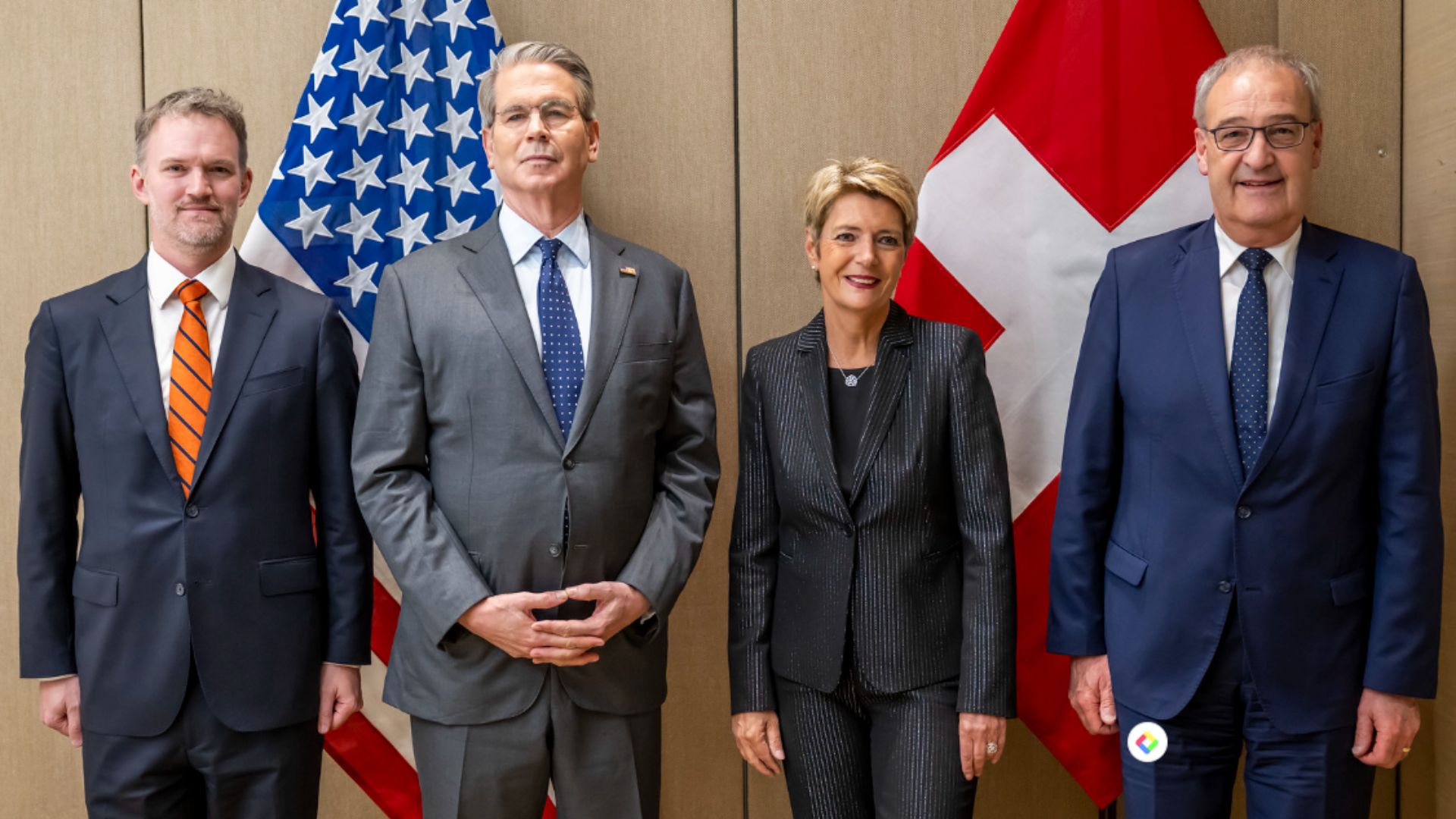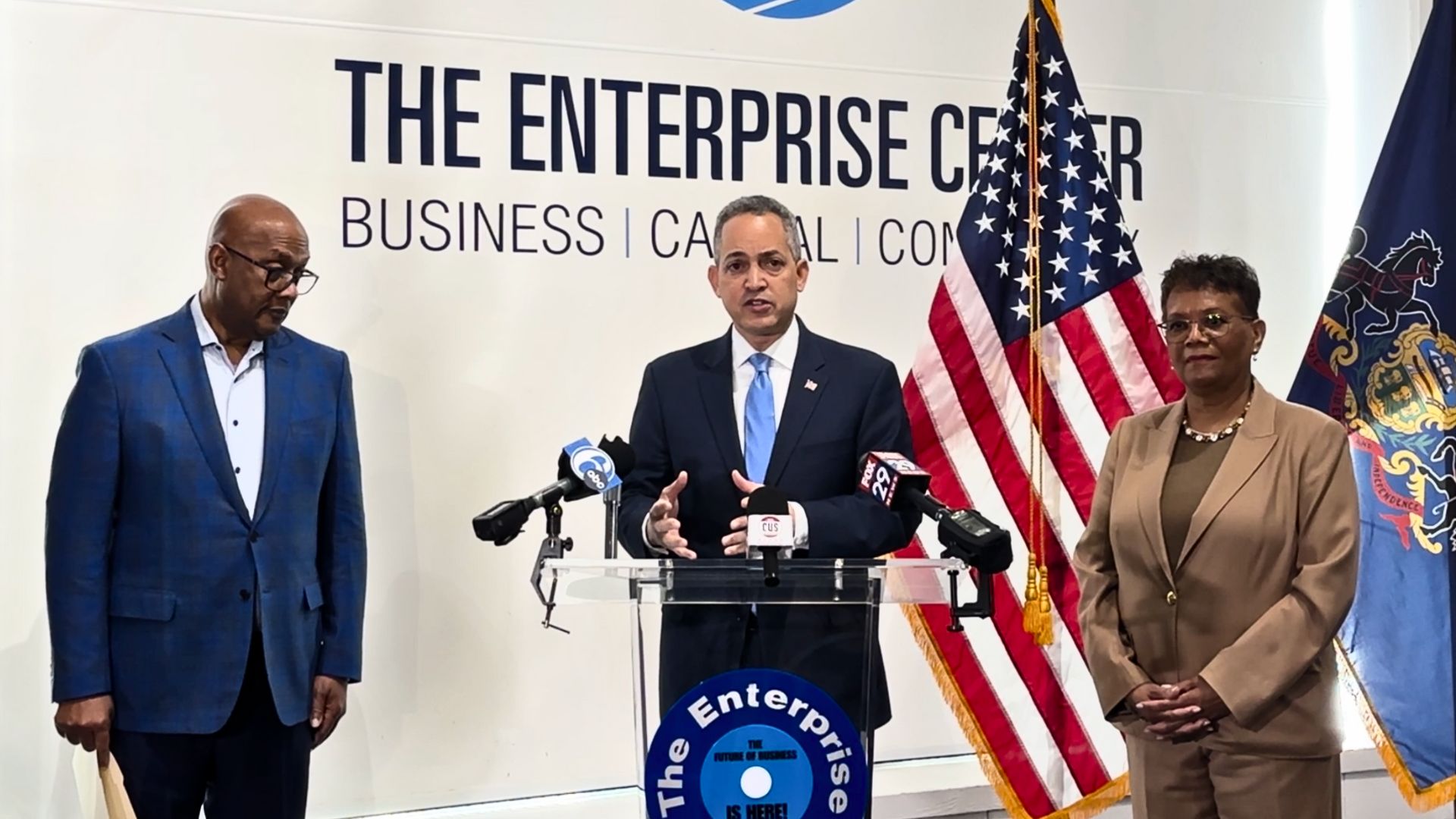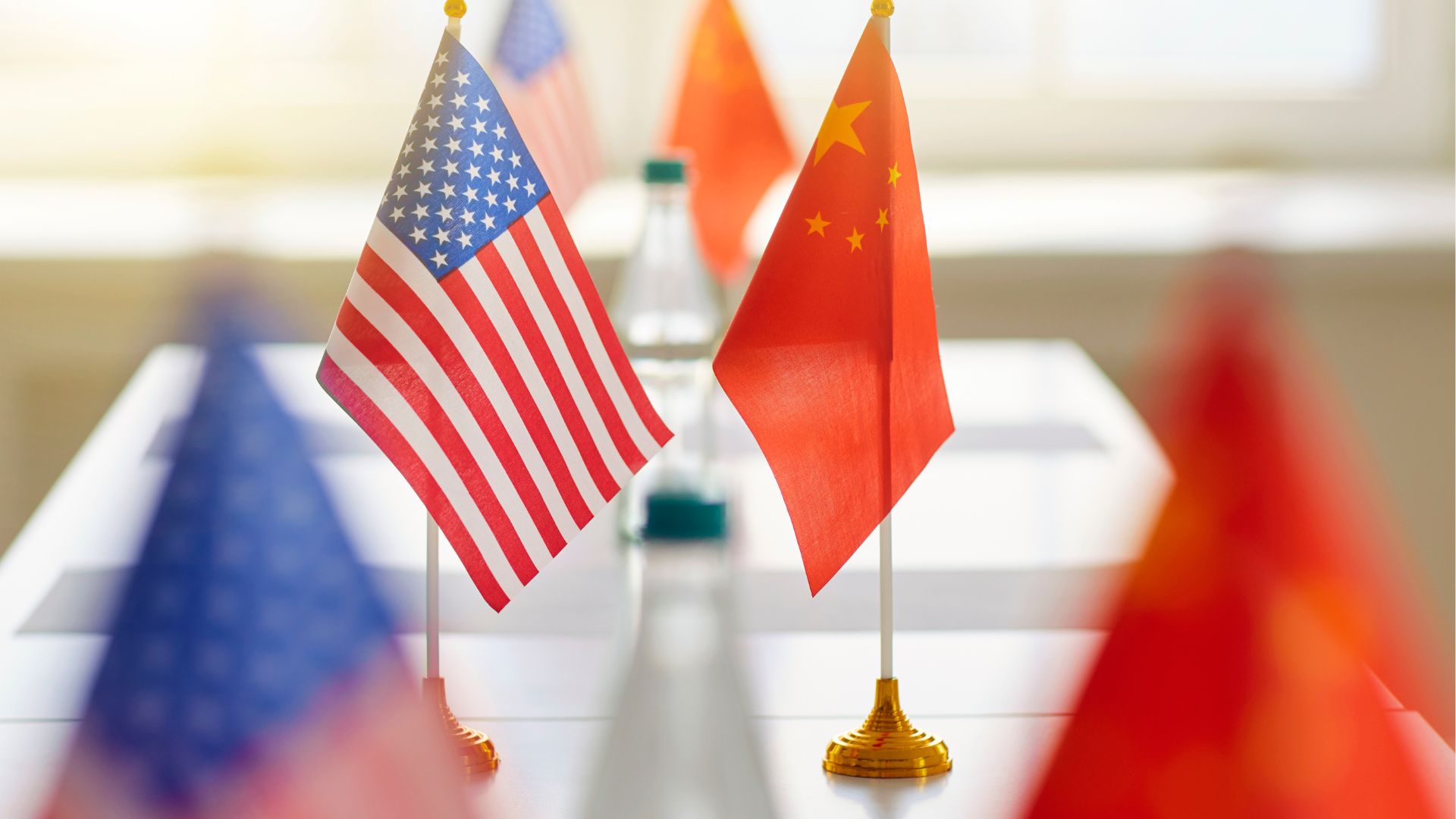[VT May 13, 2025] – U.S. Treasury Secretary Scott Bessent and Swiss President Karin Keller-Sutter vowed to fast-track bilateral trade negotiations during their Friday meeting in Geneva, aiming to lower tariffs and open markets for both American and Swiss businesses. The talks build on Bessent’s emphasis that “economic security is national security,” a message he delivered upon announcing his trip to Switzerland earlier this month. Switzerland’s neutral role as host to recent U.S.-China talks bolstered its standing, with Bessent noting that “the UK and Switzerland have moved to the front of the queue for trade deals” following those high-profile discussions.
Readout and Joint Commitment
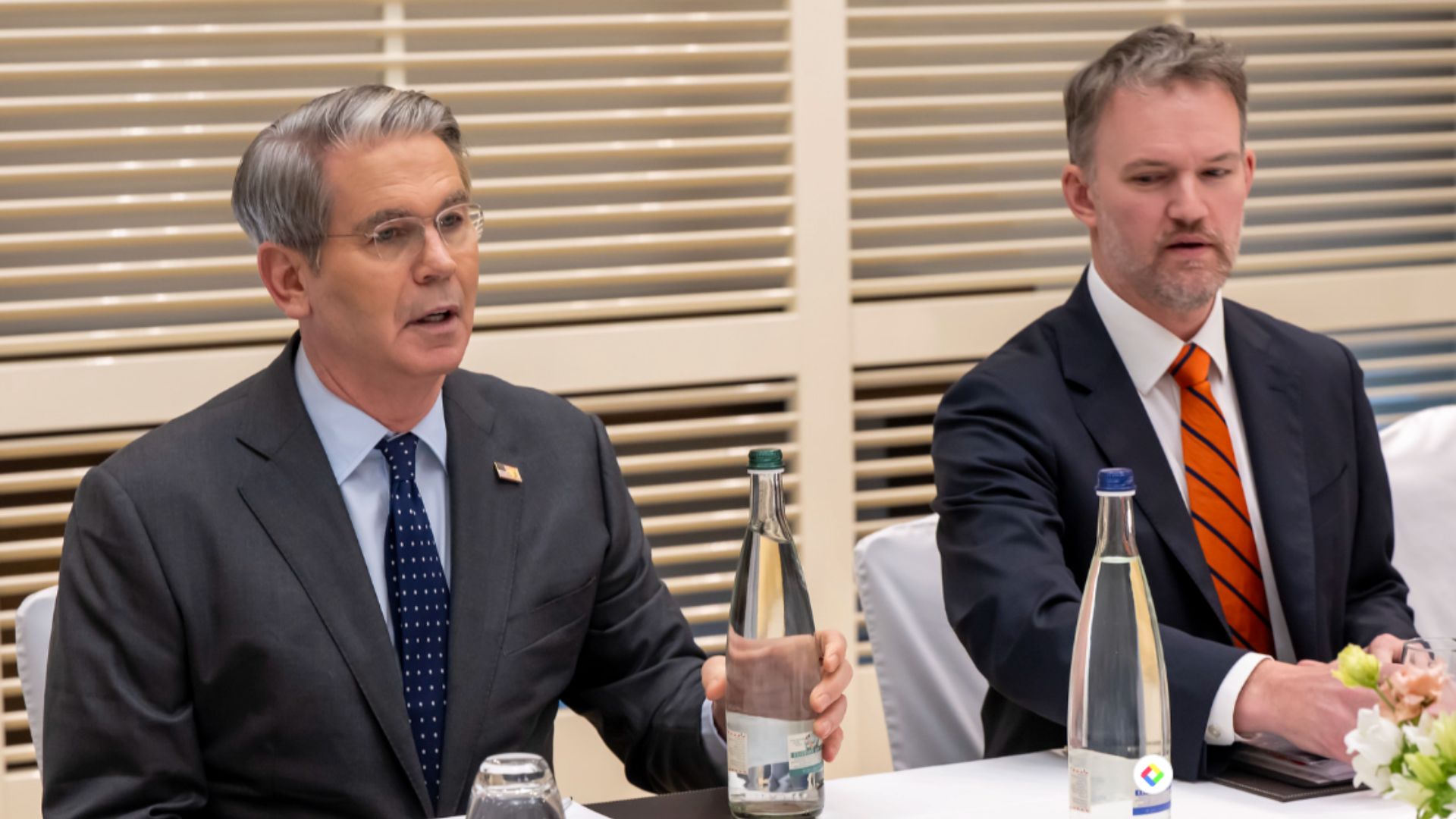
According to the U.S. Trade Representative’s official readout, Ambassador Jamieson Greer and Secretary Bessent “met with President Keller-Sutter and Vice President Guy Parmelin and agreed to accelerate negotiations on reciprocal trade,” underlining Washington’s “welcome” of Switzerland’s ambition in these talks. Both sides plan to submit a letter of intent within the coming weeks, setting a roadmap for more detailed technical discussions.
Tariff Landscape and U.S. Priorities
Swiss exports currently face a 31 percent U.S. tariff rate—significantly higher than the 20 percent imposed on the EU and 10 percent on the UK—making tariff relief a top Swiss priority. U.S. officials have placed Switzerland among 15 “privileged” countries for expedited negotiations, reflecting a broader effort to rebalance America’s trade relationships and address its goods-trade deficit. Bessent stressed that any agreement must secure fair, transparent market access for U.S. exporters while protecting American workers, noting that streamlined trade could bolster domestic manufacturing and farm exports.
Business Impact and Outlook
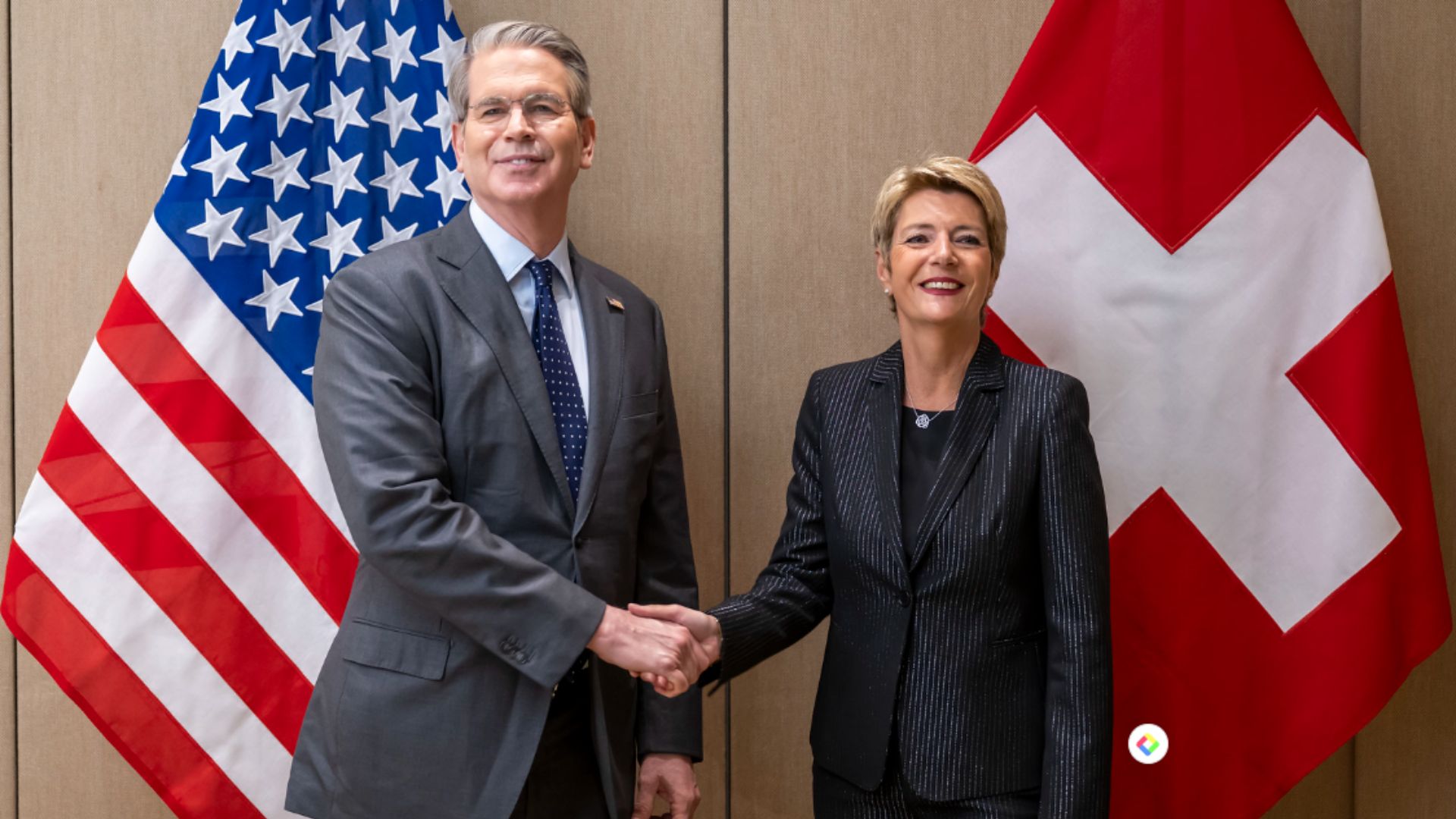
U.S. business groups have welcomed the commitment, viewing lower tariffs and clearer rules as catalysts for investment and job growth on both sides of the Atlantic. Swiss firms, which support some 400,000 U.S. jobs through investments in sectors from pharmaceuticals to precision machinery, say accelerated talks could solidify that economic partnership. Looking ahead, analysts expect the initial letter of intent to lay the groundwork for a limited—but symbolically significant—trade agreement by year’s end, with further phases tackling services, digital trade, and intellectual property rights

